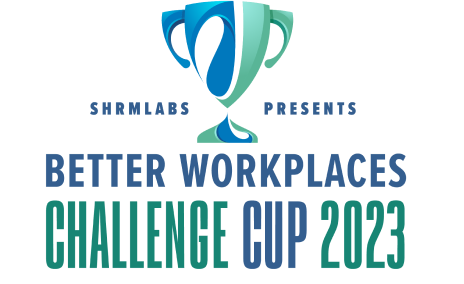In today’s high-speed business climate, prioritizing well-being is not just an advantage —it’s essential for growth and maintaining a competitive edge. Various studies underscore the direct correlation between employee well-being and organizational achievements, including profitability, engagement, and reduced turnover. Let’s delve into these findings that support the idea of well-being as a business imperative.
McKinsey’s Critical Stance on Well-being
A McKinsey report underlines the crucial role of well-being in organizational triumph. Businesses are encouraged to embrace comprehensive strategies that bolster mental, physical, and emotional health, thereby fostering a resilient and productive workforce. Such practices enhance not only employee contentment and engagement but also business performance. The full report offers more detailed insights and is accessible on the McKinsey website.
Deloitte on Mental Health in the Workplace Wellbeing
Deloitte’s report, addressing the rising mental health challenges intensified by the COVID-19 pandemic, particularly in India, points out the prevalent stigma around mental health. Surveying 3,995 employees to understand their mental well-being and management challenges called for a change in employer and employee attitudes toward mental health. Further details can be found in Deloitte’s report.
Forbes: Initiatives for Enhanced Well-being and Performance in the Workplace
Forbes highlights the growing importance of employee well-being in the future work landscape. Organizations now recognize that employee health and happiness are crucial for business success. Well-being initiatives, pivotal in creating supportive work environments, play a significant role in attracting and retaining talent and boosting performance and productivity. Delve deeper into this topic by reading the Forbes article.
AON: Linking Resilience to Profit and Engagement
Aon’s report reveals a remarkable finding: a 4% increase in resilience can lead to a 1% rise in company profit, employee engagement, and a 1% decrease in turnover. This underscores the vital impact of well-being strategies on enhancing organizational performance. For more comprehensive insights, the full report is available here.
Harvard Business Review: 7 Strategies for Enhanced Well-being
Harvard Business Review outlines seven strategies to boost employee health and well-being, focusing on creating a supportive work environment. These include fostering work-life balance, mental and physical health resources, job security, flexible working arrangements, a positive workplace culture, and involving employees in decision-making. For more detailed insights, read the full article here.
Cedefop: A Minority Succeeding in Well-being and Performance
Cedefop’s research indicates that only about 20% of European companies successfully combine optimal workplace well-being with strong business performance. These companies, often in Nordic countries and sectors with better working conditions like financial services, implement practices increasing employee autonomy, facilitating employee voice, and promoting training and learning. Discover more at Cedefop’s website.
Conclusion
If 7 out of 10 people globally are struggling with their mental health, well-being in the workplace should be a moral obligation and more than an HR initiative. Having strong well-being programs implemented should be a business imperative. These studies and reports from leading organizations and publications validate that investing in well-being is investing in business success. As we navigate an ever-evolving work landscape, the focus on employee well-being will undoubtedly play a pivotal role in shaping resilient, thriving organizations.








